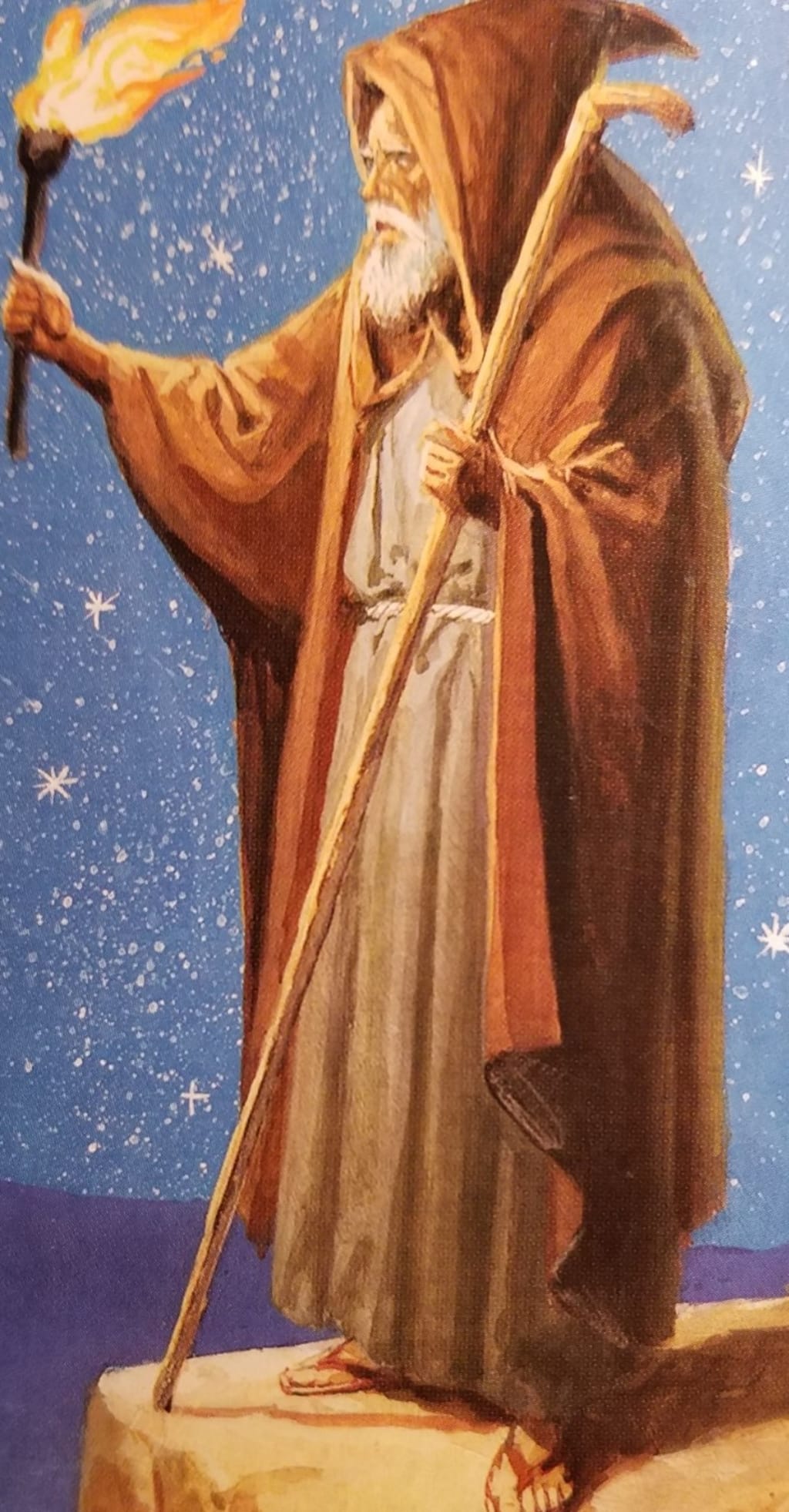Never Antisocial, Always a Loner
Understanding Loner Personality with Lessons from the Hermit

By definition, being antisocial is described as a personality disorder rooted in guiltless behaviors and impulsivity. Most self-proclaimed antisocial people have adopted this way of thinking through popular culture and media influence. They are unaware of its roots in drug and alcohol dependency and remorselessness. The term went from being a symptom of underlying mental health disorders, to a trendy excuse to stay home every weekend. It has become normal to define ourselves as antisocial when really we just like to be alone. Enter the loner, the person who prefers to be alone. While the reasons for this vary from person to person, the loner is simply more interested in exploring the depth of Self than expanding their social groups.
Today, the lines are blurred and we are shifting into new understandings of normalcy. Our personal social structures and behaviors are being tested in fresh, exciting ways. We have been self-diagnosing as being antisocial. In order to excuse our absences, we offer explanations riddled with misinformed interpretations of introvert behaviors. Our human interactions have been disingenuous for the sake of keeping the benefits of genuine relationships flowing. These days are no more. With social distancing in full swing, we are all taking a walk in the loner's shoes, redefining its purpose and finally putting the antisocial trend to rest.
What becomes of the faux antisocial mindset and the perception of loner personality? The answer is evolution. Social structures evolve, mindsets evolve. Rather, loner personality becomes widely accepted as a human condition having a seat at the table with the likes of freedom. Its metamorphosis is rooted in introspection and self-love. Loner personality should not exhibit characteristics of disinterest, as its silver lining is pure fascination with what occurs in the ambages of the human mind. Though the relationship with ourselves mirrors our relationships with others, lonesomeness is unfamiliar territory for majority of the human population. Reconsidering what it means to be a loner allows us to fall in love with solitude, opening the doors to self-exploration and self-actualization. In solitude we can recognize the co-dependent relationships we are in with our social lives. In isolation we meet our true selves, unaltered by our social surroundings. Enter the Hermit.
Understand, that to know is to be. Just like the Hermit, we have have deeper cognizance of others when we master mindfulness. The Hermit loves people because he loves himself. Once our masks are lifted and the only person around to witness the unveiling is Self. The 'I Am' is under reconstruction on a global scale now. Have you finally asked yourself why you do the things you do? Yea, me too. Have you looked at yourself in the mirror? I mean really looked? Do you like what you see? Is there willingness to change it? Have you discovered a new level of admiration for Self. Really, me too. Have you uprooted your foundations realizing they were inadequate for supporting what you are trying to build? Me too. This is all the work of the newly defined loner personality, the Hermit. Without this human condition, we wander aimlessly on the path of those around us. I pay homage to the energy of the Hermit. The loner who chooses to find love within so he is never without.
About the Creator
R.L. Martin
Colorado Native here to rediscover my love of writing. Using this platform I aspire to invoke change to the human condition through the power of written communication.
Follow me on Instagram @a.r.martian
Follow me on Facebook Amber Martin
Enjoyed the story? Support the Creator.
Subscribe for free to receive all their stories in your feed. You could also pledge your support or give them a one-off tip, letting them know you appreciate their work.






Comments
There are no comments for this story
Be the first to respond and start the conversation.